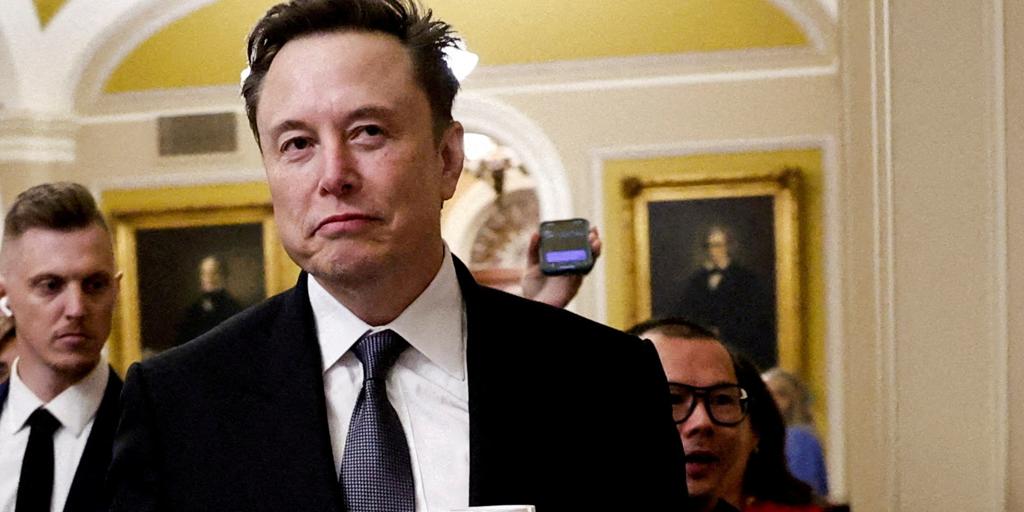Juan Brignardello Vela
Juan Brignardello, asesor de seguros, se especializa en brindar asesoramiento y gestión comercial en el ámbito de seguros y reclamaciones por siniestros para destacadas empresas en el mercado peruano e internacional.




The Securities and Exchange Commission (SEC) has filed a lawsuit against Elon Musk, the billionaire behind Tesla and SpaceX, for alleged violations of securities laws related to his acquisition of Twitter shares in 2022. This move by the regulatory body, which comes at a crucial time with an imminent change in its leadership, raises questions about the future of the case and the implications it will have for Musk, who has become a central figure in the political and business landscape of the United States. According to the lawsuit, Musk failed to meet the required deadlines for disclosing his significant stake in Twitter, an omission that, according to the SEC, allowed him to acquire shares at lower prices before the true extent of his ownership was revealed. By not reporting that he had exceeded the 5% ownership threshold in the company, Musk allegedly saved over $150 million on his share purchases, raising serious doubts about the legality of his actions. The origin of this investigation dates back to March 2022, when Musk crossed the 5% ownership threshold in Twitter. Although he was required to report his position within ten days, it was not until April 4, 2022, that he did so, just after Twitter's stock price surged more than 27%. This late disclosure has been characterized by the SEC as a deliberate attempt to benefit his own investments. The SEC alleges that during the time Musk concealed his stake, he made additional stock purchases worth over $500 million. This strategy allowed him to act in a market with incomplete information, which violates securities regulations designed to protect investors. The accusation holds that Musk and his team were fully aware of the consequences that disclosing his stake would have, adding a level of seriousness to the situation. The legal process is further complicated by the impending leadership change at the SEC. Gary Gensler, the current chairman, will step down to make way for Paul Atkins, a nomination made by Donald Trump. Musk's relationship with the incoming chairman has sparked speculation about whether the new administration will uphold the lawsuit or be influenced by politics. This uncertainty presents an unusual scenario in which a public figure and a regulator find themselves in a legal battle amid an administrative transition. The 11-page lawsuit details how Musk's purchases began in late January 2022 and were conducted through a brokerage intermediary. Despite warnings about the need to publicly disclose his stake, Musk chose to proceed with his purchases. Interactions with Twitter's board and his initial offer to join it only complicate the picture further, hinting at a series of strategic decisions that may have been motivated by the desire to conceal his growing influence. The impact of Musk's actions extends beyond his personal situation, as the SEC has argued that shareholders who sold their shares during the period when Musk failed to meet his obligations were harmed. This raises an ethical and financial dilemma that could have broader repercussions in the stock market and on investor confidence in information transparency. Musk and his legal team have been adamant, claiming that the lawsuit is a political attack and an attempt at harassment by the SEC. His lawyer, Alex Spiro, has described the agency's actions as a "farce," arguing that Musk has not committed any significant wrongdoing. This defense, however, faces the harsh reality of securities regulations and the importance of timely disclosure of relevant information. The SEC is seeking a jury trial, as well as the restitution of profits that Musk allegedly obtained illegally, along with interest and an additional fine. The prospect of a trial in such a charged media and political environment adds a layer of tension to a case that already has significant implications for Musk's future and that of his company. As this case unfolds, public scrutiny of Musk's actions will only intensify. The intersection of business, politics, and financial regulation raises difficult questions about the accountability of business leaders in complying with laws and the role of regulatory agencies in protecting investor interests. At a time when the eyes of the world are on Musk and his decisions, the resolution of this lawsuit could not only define his legacy but also set a precedent in the realm of financial regulation.





